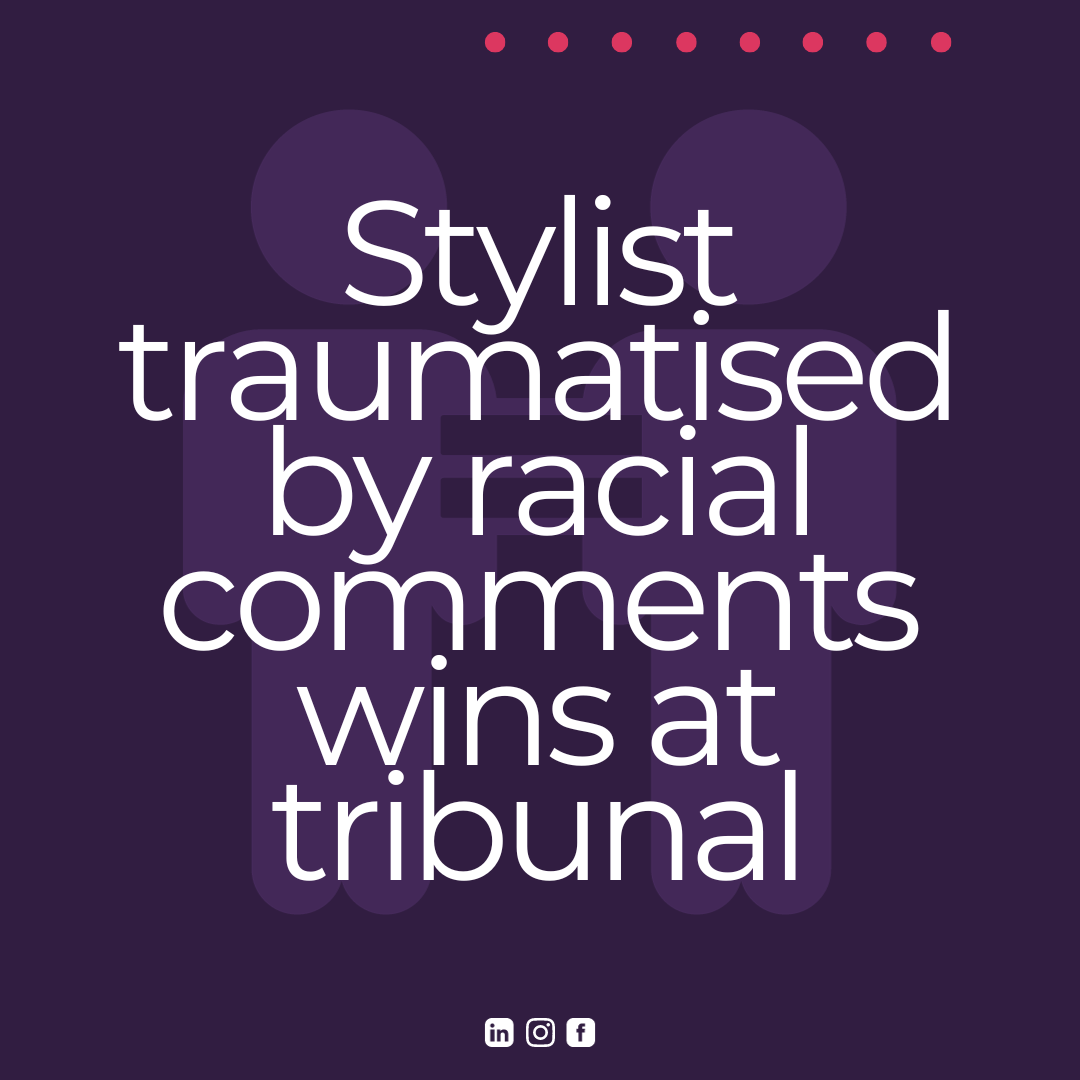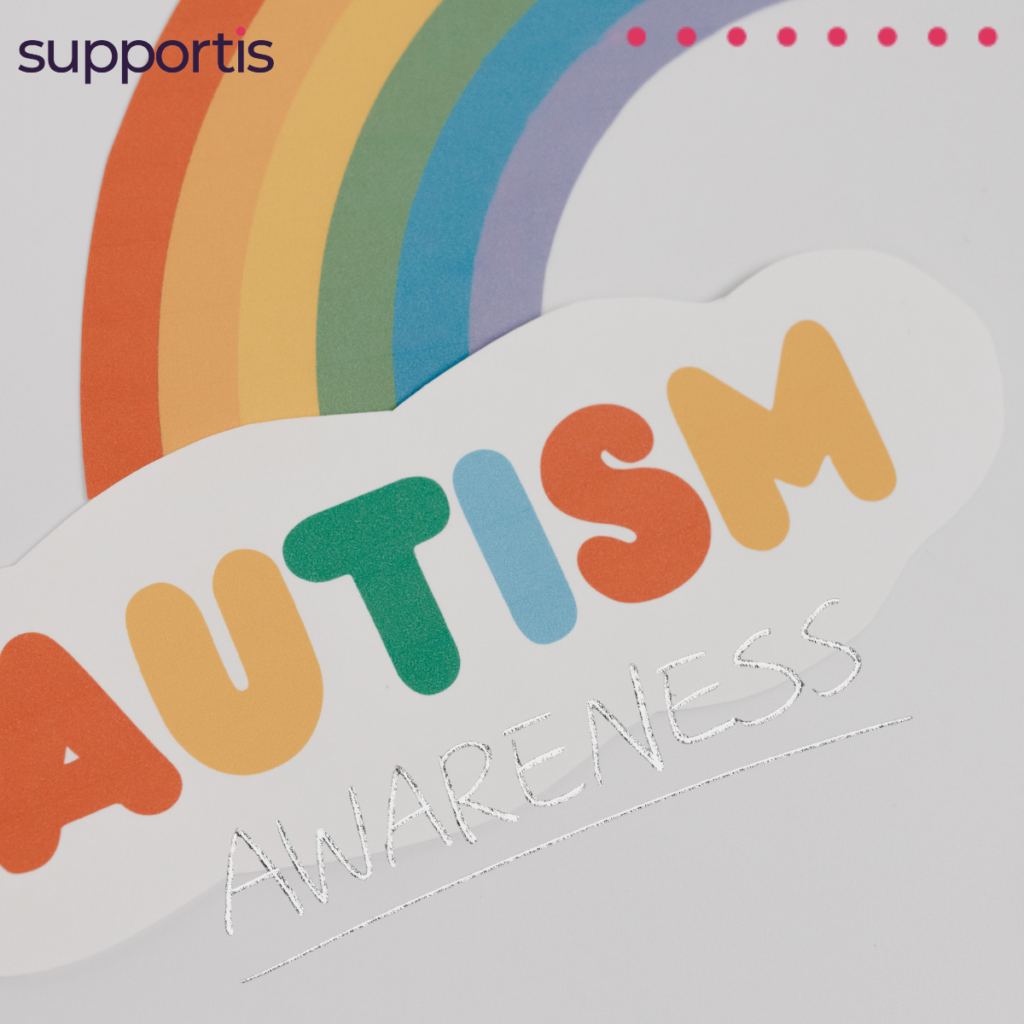A Ralph Lauren stylist has won an employment tribunal claim for direct race discrimination and race-related harassment after her manager made comments referring to United Colors of Benetton and the United Nations.
The case is a reminder of the ongoing problem of racism in the workplace, and the importance of employers creating a culture where employees feel safe to report discrimination and harassment.
The tribunal found that the manager’s comments were “patently related” to the stylist’s mixed heritage, and that they had the purpose of creating an intimidating and hostile environment for her. The manager was also found to have been dishonest to the stylist, the HR team, and the grievance investigator, which further aggravated the situation.
The outcome of the case is a positive one for the stylist, and it sends a clear message to employers that racism in the workplace will not be tolerated. However, it is important to note that this is just one case, and that racism remains a widespread problem in society as a whole.
According to a 2021 report by the TUC, one in three black and minority ethnic (BME) workers in the UK have experienced racism at work in the past five years. The report also found that BME workers are more likely to be in low-paid and insecure work, and are less likely to be promoted to senior positions.
Racism in the workplace has a number of negative consequences for individuals and businesses. For individuals, it can lead to stress, anxiety, depression, and other mental health problems. It can also damage their careers and make it difficult for them to find new jobs. For businesses, racism can lead to a loss of productivity, increased turnover, and damage to their reputation.
There are a number of things that employers can do to tackle racism in the workplace. These include:
- Creating a culture where employees feel safe to report discrimination and harassment.
- Providing training on anti-racism and unconscious bias.
- Implementing policies and procedures to prevent and address discrimination and harassment.
- Monitoring the workforce for evidence of discrimination and harassment.
- Taking disciplinary action against employees who commit racism.
By taking these steps, employers can create a more inclusive and equitable workplace for all employees.
Tis recent tribunal case is a reminder of the ongoing problem of racism in the workplace. It is also a reminder of the importance of employers creating a culture where employees feel safe to report discrimination and harassment.
Racism in the workplace has a number of negative consequences for both individuals and businesses. For individuals, it can lead to stress, anxiety, depression, and other mental health problems. It can also damage their careers and make it difficult for them to find new jobs. For businesses, racism can lead to a loss of productivity, increased turnover, and damage to their reputation.
There are a number of things that employers can do to tackle racism in the workplace. These include:
- Creating a culture where employees feel safe to report discrimination and harassment.
- Providing training on anti-racism and unconscious bias.
- Implementing policies and procedures to prevent and address discrimination and harassment.
- Monitoring the workforce for evidence of discrimination and harassment.
- Taking disciplinary action against employees who commit racism.
By taking these steps, employers can create a more inclusive and equitable workplace for all employees.
Supportis can help employers with all aspects of HR, including implementing policies to promote diversity and equality in your workplace. We have a team of experienced HR professionals who can provide advice and support to employers.
To find out more about Supportis, call today on 0161 603 2156 and speak to one of our friendly team about how we can help your business flourish.




